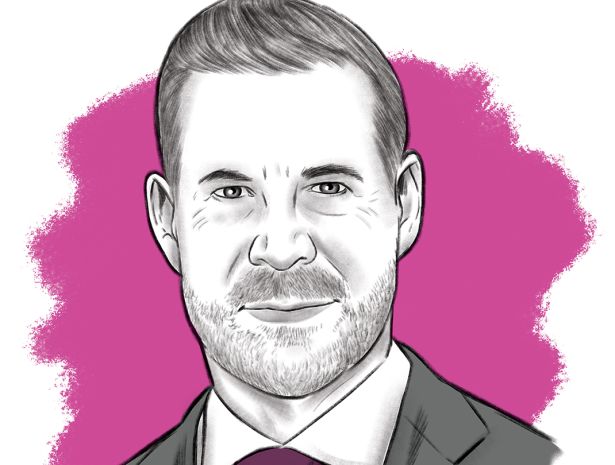
David Picket.
David Picket
CEO at The Gotham Organization

How much longer can this go on?
I’m not a disease specialist so I can’t opine, and I don’t think anyone knows for sure.
What does normal look like?
That hinges on our success at controlling COVID variants. I would assume that most businesses will adopt some kind of hybrid — work from home/go to office — model.
From a residential perspective, I think we have already adapted to the future normal. We now have virtual tours, updated cleaning and disinfection standards, reservation requirements for certain amenities, virtual fitness classes and other programming (cooking demos, craft classes, etc). You might see unit mixes skew more toward larger units or, at least, create spaces for work areas to accommodate renters and owners who work from home.
If you could go back in time to March of 2020, what’s the first thing you would do?
Not sure there’s much I would do differently. We were running virtual tours by April, virtual fitness classes and other programming by May. Immediately changed our cleaning protocols. Beefed up on PPE [personal protective equipment].
What do you do now that you never did before 2020?
Much of what we’ve been talking about. More virtual offerings, higher cleaning standards, additional staffing to deal with deliveries and packages.
What’s the biggest threat to the return to normal?
For me, I believe it is vital that NYC’s cultural, sports and dining venues remain open and thriving. More importantly, the new administration needs to focus on quality-of-life issues that threaten the appeal of the city.
Is now the time to buy or sell?
Judging from recent flow of capital into the multifamily space, it would appear to be a good time to sell. We are a generational business. More than likely, we will continue to grow our portfolio here.
Suddenly, there’s a big change to the New York state constitution and you’re now named the 58th governor of the Empire State — what do you do about the eviction moratorium?
The eviction moratorium has gone on for too long. The effect on larger, market-rate landlords has been minimal with bad debt only marginally above 2020 levels. The effect on smaller landlords has been devastating. Some of the programs, like ERAP, could help to mitigate their distress, but the ability of these landlords to absorb the loss of rent, even for a short period of time, is limited.
Having said that, the eviction process is a no-win proposition for both the tenant and the landlord. Landlords need to learn how to talk to their tenants and tenants need to become better educated about their rights so that constructive conversations can occur when a tenant is in distress. The eviction process should be a remedy of last resort.
We talked to our tenants at the beginning and throughout the pandemic, offering many payment plans and other relocations to units better tailored to their financial capabilities. We realized early on that this was not only the humane thing to do, but, at the end of the day, the most economically rational solution.
Lightning round
Eric Adams or Curtis Sliwa?
Eric Adams is going to be a very good mayor. He understands that the city has some work to do to address social and economic inequities, but also understands that without a healthy business environment the city will not flourish.
Last time you got on an airplane, what was your destination?
Nothing very exciting — Florida.
What vax did you get?
Moderna.
Your go-to takeout?
Not nearly as much lately (nice to be back in restaurants). During the heart of the pandemic we mixed it up — trying to create some variety and support as many local restaurants as we could.
Where does your patience wear thinnest — evictions or anti-vaxxers?
Definitely anti-vaxxers. I have a much easier time understanding what motivates someone to not pay rent (wrongly or rightly) than I do somebody who doesn’t pay attention to science and common sense.



